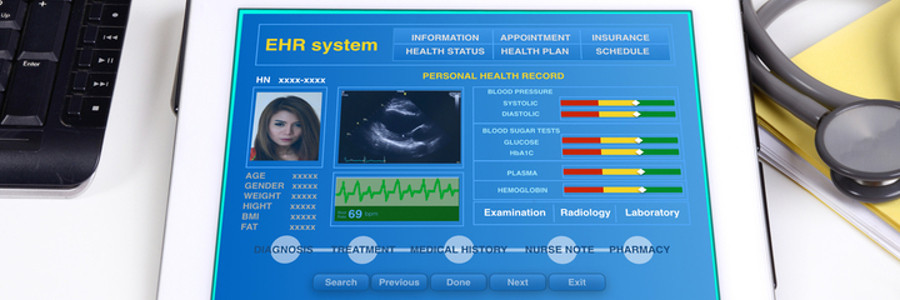Electronic health record (EHR) hardware serves as the backbone of any modern healthcare practice, enabling seamless patient care management and fostering a data-driven approach to treatment. However, given the numerous EHR hardware options out there, it can be challenging to select the right one for your healthcare practice.
Equipping your practice with the right EHR hardware
The pros and cons of EHR systems
EHRs: Are they worth it?

Digitization is significantly changing the way healthcare organizations deliver care and services to patients. In particular, the use of electronic health records (EHRs) is improving the accuracy and accessibility of patient information. Despite this, the adoption rate of EHRs is still low and meets resistance from many healthcare providers.
Are you HIPAA-compliant? 4 Things to look into

Medical records are extremely private and their exposure could lead to negative consequences such as social stigma and job discrimination. The Health Insurance Portability and Accountability Act (HIPAA) protects this information and grants patients the right to view their own health information so that they can enjoy more control over their care.
The pros and cons of EHRs

Is digital the way to go for the healthcare industry? Experts see no other way forward, as demonstrated by the popularity of electronic health records (EHRs). However, critics of this new recording process have pointed out major flaws that aren’t present in its traditional counterpart: paper-based recording.
4 Items in Your HIPAA Compliance Checklist

HIPAA’s rules pertaining to IT are problematic to say the least, but things have become much clearer over the course of the past year. However, there are still a few areas in which your office might not be compliant. This isn’t necessarily through negligence on your part, but rather a lack of understanding as to the requirements.
EHR hardware: you need to know

Medical history, vaccine status, lab test results, and other medical records are libraries unto themselves. Checking such files without the aid of computers can be cumbersome. Thanks to EHR, hospital staff can access these information with ease.
EHR stands for “Electronic Health Record,” and a lot can go into getting your practice ready for one of these data-sharing, network-connected, enterprise-wide information systems.
The EHR vs traditional record debate
The fact that the world is going digital is unprecedented. With that in mind, the healthcare industry has also decided to embrace the digital trend in the form of EHRs. Short for electronic health records, this new type of data management system aims to improve on traditional paper-based ways.
4 facts about HIPAA and your IT

While HIPPA’s implementation in relation to technology has been problematic to say the least, things have become much clearer over the course of the past year. However, there are still a few areas in which your office might not be compliant. This isn’t necessarily through negligence on your part, but rather simply a lack of understanding as to the requirements.



